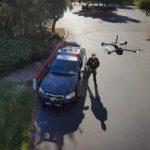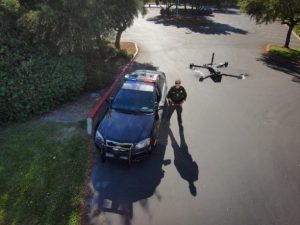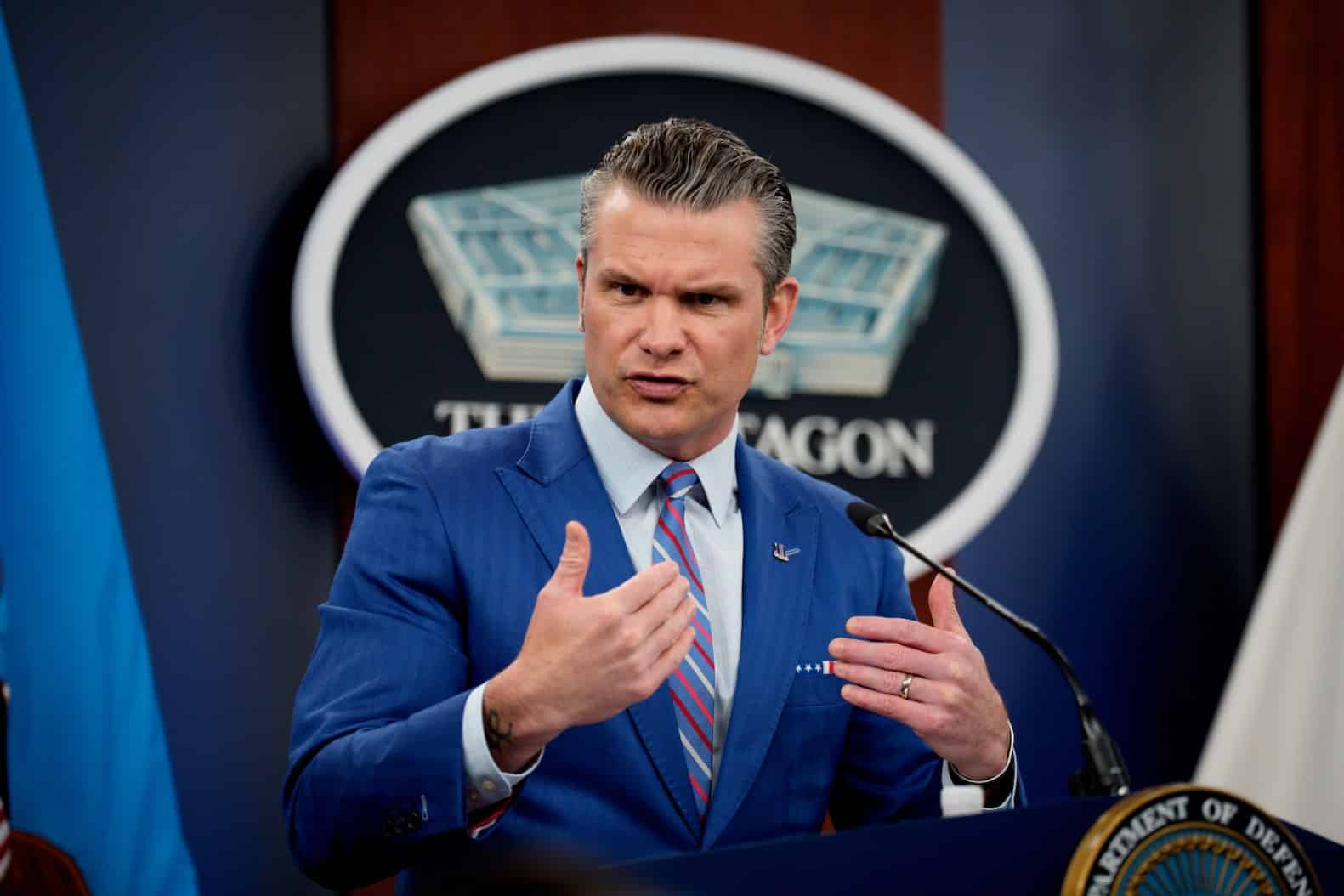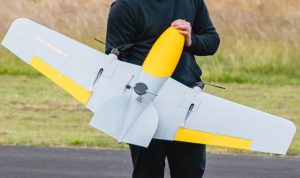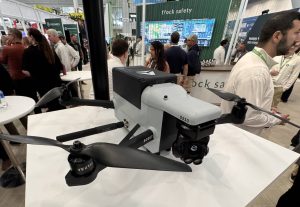Drone Dominance or Double Standard? Pentagon Video Sparks Copyright and Compliance Debate
In July 2025, a surprising conflict emerged at the intersection of heavy metal and U.S. defense policy. The Pentagon unveiled a social media video showcasing its advanced drone capabilities, accompanied by Metallica’s iconic song “Enter Sandman.” However, the track was used without the band’s permission, triggering a debate on copyright, compliance, and ethics, which rapidly gained viral attention.
How It Happened: The Video That Started It All
On July 11, Secretary of Defense Pete Hegseth shared a video on X, formerly known as Twitter, highlighting President Trump’s executive order to enhance America’s military drone operations. The professionally crafted clip featured a drone delivering a memo directly to Hegseth, who proclaimed the dawn of U.S. Military Drone Dominance, asserting their commitment to victory. Metallica’s “Enter Sandman” played in the background, elevating the video’s intensity.
However, Metallica’s fans and team quickly pointed out the unauthorized use of their song. The band filed a copyright complaint, leading X to contact the Department of Defense. Consequently, the video was taken down and re-uploaded without the music.
Copyright, Compliance, and the Question of Standards
Why was this significant? Unauthorized use of music for political or governmental purposes is more than just a legal issue; it infringes on artists’ rights and values. Metallica’s spokesperson confirmed to Rolling Stone that the Grammy-winning band did not consent to their track’s use in the Pentagon’s communications.
“The video has been taken down, corrected, and re-uploaded to our page.”
— Kingsley Wilson, DOD Press Secretary
Historically, U.S. officials have faced similar copyright issues in political communications. Various musicians, including Neil Young, Adele, and Bruce Springsteen, have opposed their music being used without permission by the Trump administration.
Music, Politics, and Public Trust: The Growing List of Disputes
Many musicians oppose what they perceive as exploitation of their art, especially if it implies political endorsements they don’t agree with. Notable cases include:
- Neil Young and John Fogerty pursuing legal action against Trump’s team for unauthorized music use.
- The White Stripes temporarily suing over the use of “Seven Nation Army” in campaign ads, labeling it a “flagrant misappropriation.”
- Other artists, including the estates of Sinead O’Connor and Isaac Hayes, have issued cease-and-desist orders or sued for infringement.
Beyond legal rights, these issues touch on artists’ identities. Unauthorized use of music can seem like personal betrayal and misrepresentation.
Double Standards? When the Government Breaks Its Own Rules
Critics argue this Pentagon incident reveals a “double standard” in copyright law enforcement. While the U.S. government vigorously pursues copyright violations by individuals and foreign entities, government agencies sometimes overlook these rules themselves.
This perceived hypocrisy fosters doubt among citizens, artists, and advocacy groups. It raises questions on how the government can demand compliance when it struggles with basic permissions in its media. Although some saw humor in headlines like “Exit light, enter gripe,” the affair also prompted serious discourse on ethics and the notion of “Drone Dominance.”
Drone Dominance: Key Points for the Public
The controversy refocused attention on the subject the Pentagon sought to highlight—America’s push for leadership in drone technology. Despite the commotion, the original video aimed to assure both the public and potential adversaries of the U.S.’s investment in unmanned aerial systems for military, border, and surveillance missions.
Key discussion points:
- The rapid expansion of U.S. military drone use, touted for enhancing safety and efficiency.
- Drones introduce their own compliance and privacy challenges, compound to copyright issues.
- Critics scrutinize the government’s messaging strategy, especially the blend of pop culture and military propaganda.
Expert Opinions and Cultural Impact
Why is this such an explosive mix? In an era where social media narratives are meticulously curated and quickly shared, music remains a powerful emotional catalyst. Yet, as Metallica and others highlight, these emotional tools carry legal obligations. In today’s digital landscape, copyright is a matter of public trust and brand image.
“You wouldn’t expect the Pentagon to borrow a Nike slogan without asking; why should music be any different?”
What’s Next? Compliance Advice for Public Content Creators
If there’s one takeaway for anyone creating public content—whether in government, the private sector, or as hobbyists—it’s this: Always secure rights before using copyrighted music, even for seemingly harmless social campaigns or videos. Platforms like X and YouTube will remove content after complaints, and public backlash can rapidly escalate into a crisis.
Key compliance steps:
- Secure written permission from copyright holders when using music in videos, notably in official or promotional contexts.
- Opt for royalty-free or licensed music whenever possible.
- Public sector entities should exemplify legal and ethical digital communication standards.
Building Trust, Not Just Hype: A Human Approach
Despite the emphasis on “dominance” and technological prowess, the human perspective remains critical. Metallica’s swift action resonated with fans as a stand for creative rights over bureaucracy. The event serves as a reminder for government agencies that authenticity, creator respect, and meticulous detail are vital alongside the intended message.
In conclusion: The Pentagon’s drone video incident transcends a viral blunder. It underscores that copyright and compliance are imperative, even for powerful entities. The U.S. government’s approach to drone dominance may be pioneering, but cultural standards apply universally. As for Metallica, they continue to master their musical creations.
For anyone involved in creating public content—whether drone videos, campaign materials, or viral memes—the message is clear: respect the music, adhere to the law, and always seek permission before borrowing inspiration.



